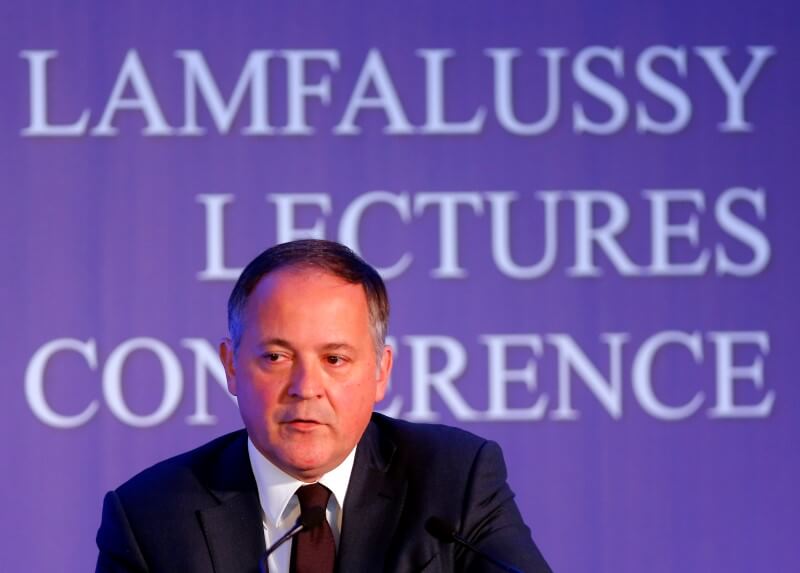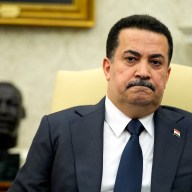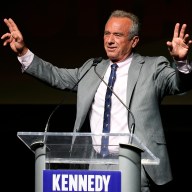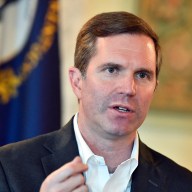By Marc Jones and Ingrid Melander
LONDON/PARIS (Reuters) – Two of the European Central Bank’s top policymakers pressed Britain on Friday to provide a clear-cut plan for leaving the European Union, to prevent more economic damage. In what appeared to be co-ordinated statements, ECB chief economist Peter Praet and financial markets head Benoit Coeure both warned of the potential consequences of dragging out the Brexit negotiations. “We urgently need clarification on the process,” Praet told a financial industry conference hosted in London by the Financial Times.
“It is very important that we – central banks and all the public – get very quickly a sort of roadmap …. Whatever the outcome will be, there must be an orderly process.” Europe has been thrown into turmoil by Britain’s vote last week to quit the EU. Lack of clarity over Brexit plans following the vote is now exacerbating the uncertainty.
No one knows when the British government will invoke Article 50 of the EU’s Lisbon Treaty, which begins an automatic two-year exit process. And the candidates to become British prime minister appear to be in no rush to start that process. For Britain, there is an advantage to delaying, if it can establish its negotiating position and make informal overtures to countries before the two-year begins. The rest of the EU fears prolonging the uncertainty will do more damage to their economies and weaken their position in talks. Couere – like Praet, a member of the ECB’s Executive Board, told the French newspaper Le Monde that any pick-up in growth in the euro zone would “inevitably suffer from the ‘uncertainty shock’ that is created by the British referendum. “What is urgent today is to clarify the calendar and method, because prolonged uncertainty would have an economic cost, first of all for Britain but also for the European Union,” he said. RED TAPE RISK
Praet said that while some politicians might hope to gain at Britain’s expense, a bigger risk was an increase in red tape, damaging business efficiency and the long-run growth rate of the British and euro zone economies. Both men said the ECB was closely monitoring the reaction of markets to the events and reiterated that the ECB stood ready to intervene if financial stability appeared threatened.
That could take the form of injecting cash, Coeure said, adding that so far markets had continued to function normally despite huge adjustments.
Britain’s decision to leave did not endanger the EU, but steps needed to be taken to protect the euro, Coeure said.
“The euro is a reality, but it must be protected. This requires moving towards more integration in financial and budget matters, around joint euro zone institutions that will be accountable to citizens,” he said. “Experience from the crisis has convinced me that an intergovernmental Europe, where budgetary and financial decisions would be taken only by governments, would condemn the euro to lasting fragility,” he said. In London, Praet said the euro zone needed to complete its banking union, which is designed to provide more backstops for the financial sector and the public.
“What is the destination of the banking union,” he said. “What are the next things to do – I think here about the deposit guarantee.”
He appeared also to back the idea that governments might still need to use taxpayer money if the turmoil put unmanageable pressure on banks. Italian banks especially have been under strain this year, both from the Brexit vote and from worries about their financial health. “It is urgent that we address these problems, and if necessary the flexibility of the Bank Recovery and Resolution Directive (BRRD) would have to be used.”
The BRRD is a framework that says banks’ bondholders and shareholders should pay to re-capitalize them, but that governments can step in during a crisis.
(Additional reporting by David Milliken in London; Editing by Larry King)
ECB calls for urgent roadmap on Britain’s plans to leave EU

By Marc Jones and Ingrid Melander
















